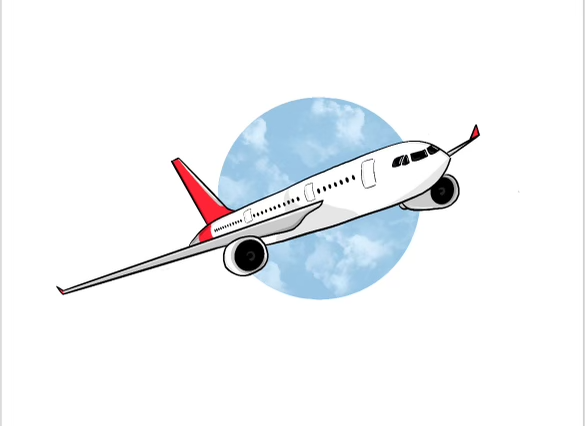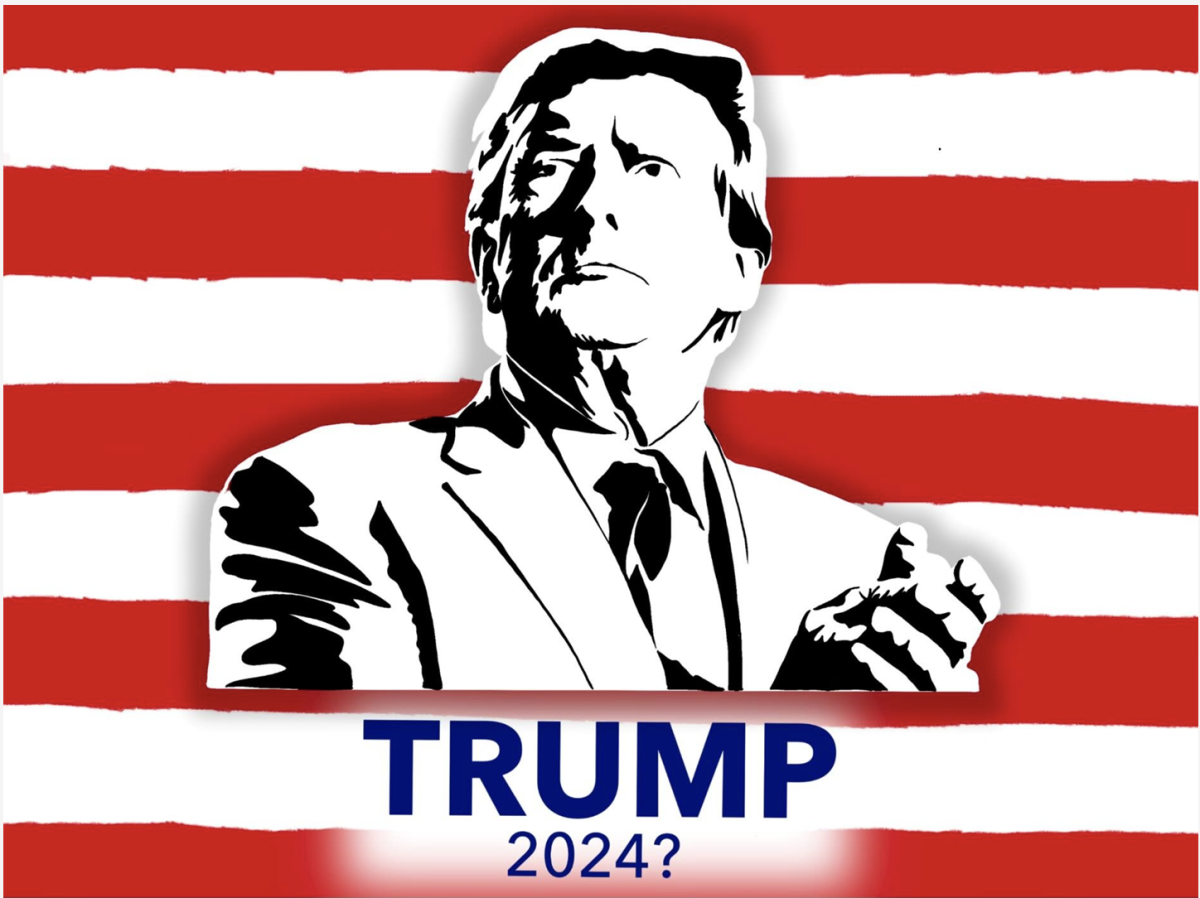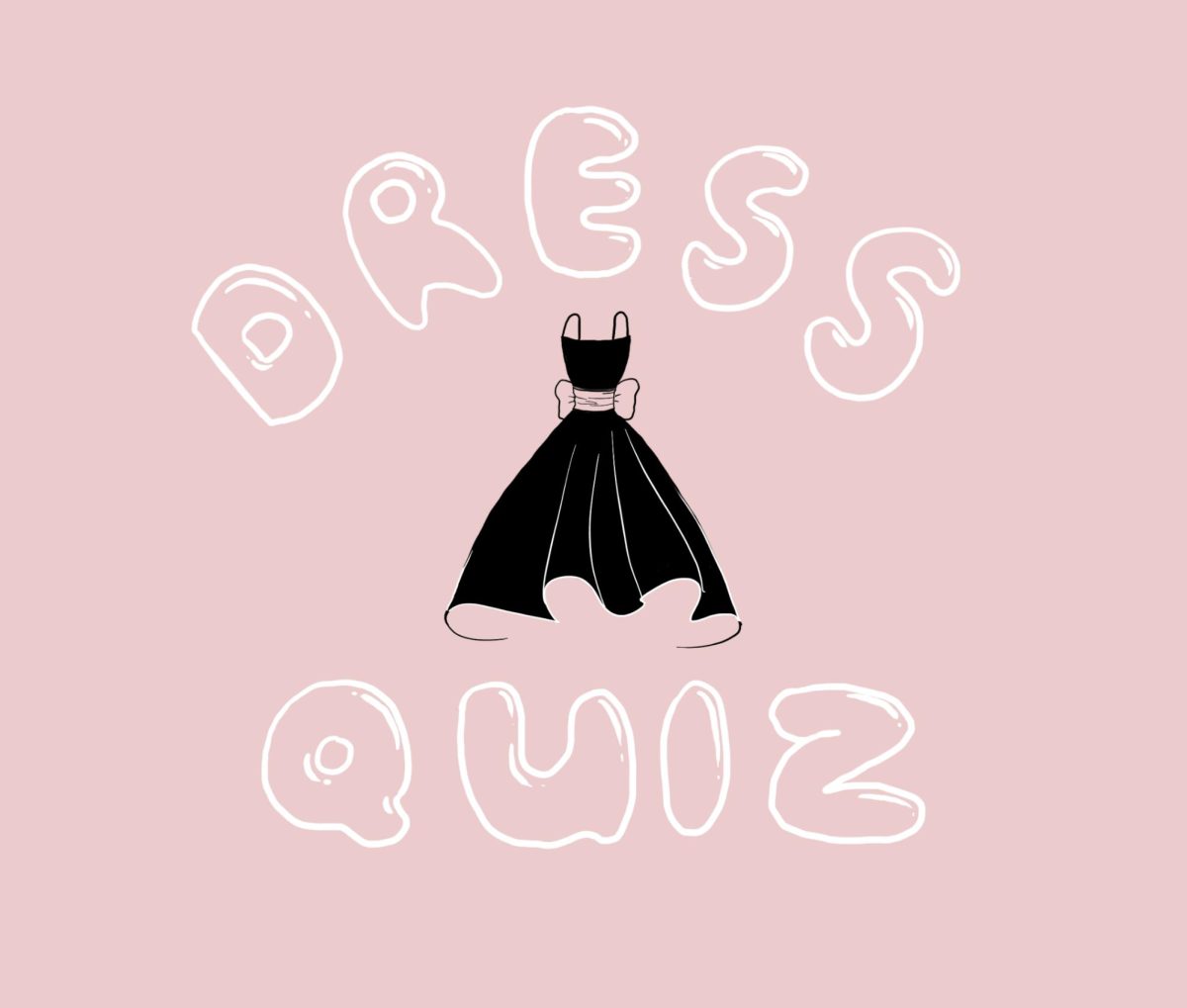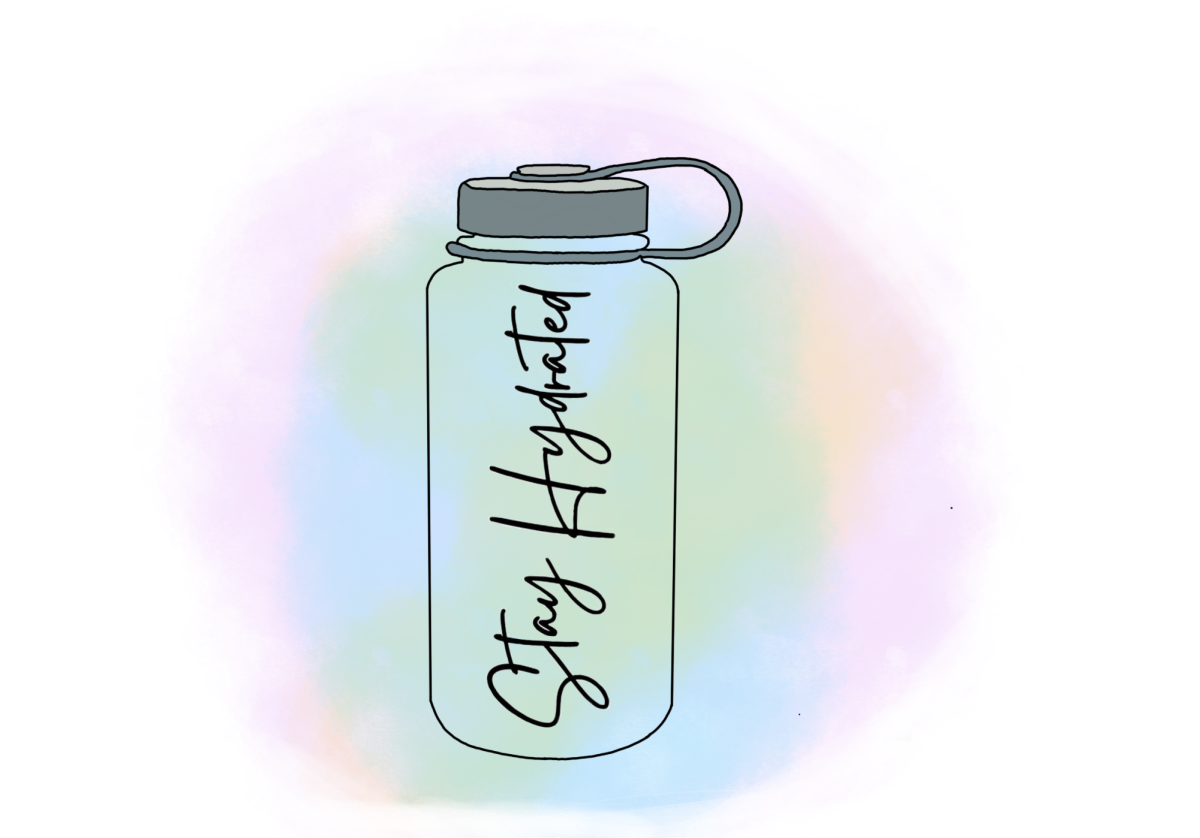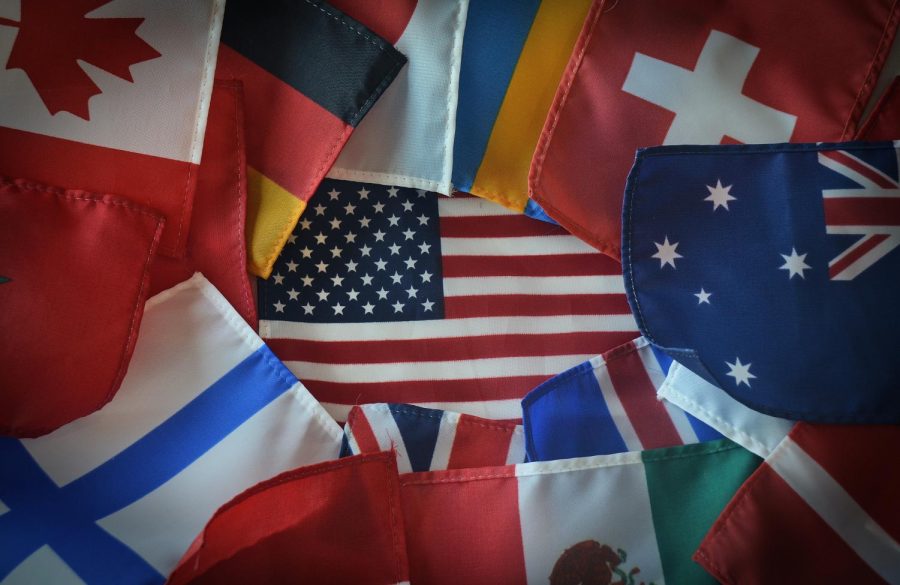Discussing democracy: should the European Union cooperate with Russia and China?
AGAINST: The EU can’t stand for democracy until it stops sitting for China and Russia
By: Edward Deng ’21 and Michael Soland ’21, Staff Writers
The European Union claims to be a beacon of democracy and equality. EU members dominate the top 10 list in the democracy index (7 out of 10), offer extensive welfare and social programs, and form one of the largest and most closely tied bloc of sovereign nations in the world. However, over the past four years, the EU has been cozying up to Russia and China while allowing dictatorships to begin within their member states.
At this point, China’s status as not-being-the-best at political freedom, respecting the sovereignty of other nations, and human rights has been well-established. The list seems to stretch past the horizon, consisting of Uighur concentration camps, dystopian social credit scores, 18 territorial disputes (China borders 14 nations), disappearing reporters and state dissenters, and the subjugation of Hong Kong. China has shown time and time again that they are heavily expansionist, treat international laws as suggestions, and do not play by any rulebook. They are a threat, not just to America but to the very notion of democracy itself. The same goes for one of China’s staunchest allies. Russia has been actively subverting Europe since the fall of the USSR through assassinations, lobbying, and even outright invasion in Crimea and Ukraine. Despite all that, the EU still dove headfirst into signing the Nordstream 2 natural gas pipeline deal, handing the reins to Germany’s natural gas market and a vital bargaining chip directly into the hands of the Kremlin. The EU is also facing anti-democratic threats from within, namely Viktor Orban’s dictatorship in Hungary, despite one of EU membership requirements being “stable institutions guaranteeing democracy, the rule of law, human rights and respect for and protection of minorities.”
The EU has also made statements condemning China’s actions, describing Beijing as an “increasingly oppressive regime” and the Hong Kong security bill as “deplorable.” With such bold and righteous rhetoric, the question becomes: why does the EU refuse to weaken its ties with China? As of 2018, China either fully or partially owned 10% of all European ports. Beijing has also built up railways in the Balkans, purchased numerous energy companies, and even bought professional soccer teams. Moreover, now the EU is compromising its firm stance on human rights to appease Beijing. In 2017, the European Union Agency for Fundamental Rights canceled its reports on Chinese human rights abuses after a Greek government veto. French President Emmanuel Macron even said the EU should side with the Chinese on disputes between the CCP and America. Furthermore, even more concerning, on Dec 30, 2020, the EU completed an investment/trade deal with China that not only sidelines the United States but also wholly ignores human rights abuses in Xinjiang concentration camps in favor of easier access to Chinese markets.
While the EU claims to hold a strong commitment to democracy and freedom, this institution’s foundations do not bind its members very strongly. If a nation falls for an authoritarian nation’s rhetoric, there is not much the EU can do to keep them from straying. As election season comes around in the major EU nations over the next year or so, it will be highly telling how the citizens of the EU choose their future.
FOR: The case for cooperation
By: Corbin Cartagine ’23, Staff Writer
In the words of the former national security advisor, Zbigniew Brzezinski, “A great deal of world politics is a fundamental struggle, but it is also a struggle that has to be waged intelligently”. The Chinese government has engaged in a multitude of acts that violate the fundamental values of the European Union, but it is not a clever diplomatic move to break ties with China because of the strategic and economic importance of European Union-China relations.
If the EU were to eliminate ties with China, they would be losing one of their most valuable trade partners. China’s rapid economic growth and increasingly prominent position as one of the most powerful pieces on the global economic chess board makes it a virtually unavoidable trade partner for the European Union. In fact, China just became the EU’s single largest trade partner. Trade between the EU and China reached an all-time high of $706 billion in 2020. The EU purchases industrial and consumer goods, machinery and equipment, and footwear and clothing from China. China is also one of the EU’s main customers for machinery and equipment, motor vehicles, aircraft, and chemicals. It is apparent that the EU relies on China for selling many of its exports and purchasing many of its imports. If the EU wishes to provide a stable and fruitful economy for its constituents, it is incredibly unwise to cut off relations with their primary trade partner.
The EU has a multitude of responsibilities, but promoting international peace and security is one of its chief purposes. It maintains a valuable partnership with China in various issues of international security. Leaders from both parties meet annually to discuss pressing issues of international security in areas such as the Middle East and the South China Sea. These are conflict hotspots, so it is important to have international cooperation in the suppression of conflict in these areas. The EU also hopes to work with China on pressing issues of international security such as international arms control, counter-terrorism initiatives, and cyberspace security. In the interest of international security, the EU should continue its relationship with China.
The European Union faces a tough crossroads in its dealings with China. While the Chinese government’s behavior is concerning, China is an increasingly important partner in economic development and international security. The many wrongdoings of the Chinese government are very apparent, but the European Union cutting ties with this international powerhouse is not a suitable option.










